This is the story of 12 friends, 11 from Syria and 1 from France. The journal from their trip, from July 15 to August 15, passing the borders, from Turkey to Syria.
***
(Nafar in arabic is the one without name, without right, a number in the mass, and it is how the smugglers are calling their clients, in arabic. “He is only a pocket of money”).
Part 3: The Balkan Way
Macedonia (1/3)
For other parts of the journal click here.
Güncenin Türkçesi için burayı tıklayınız.
The bus from Thessaloniki left us at the border in between Greece and Macedonia. Not at an official check point, but along the train rails. For some months, the border is open. Between 1,000 and 2,000 migrants cross it every day. Instead of trying to stop them, the idea is to make them cross as quick as possible until the next step: Serbia.
In order to regulate the arrival of migrants on the next train station, you still need to wait for some hours or some days. Macedonian army lets some groups of only 30 persons pass every half an hour.
The temperature reaches 40 degrees, we are hundreds of people looking for a bit of shadow in this furnace and spraying ourselves with water to stand the heat. Some are trying to get round the check point to avoid this useless wait. When they get caught, as a punishment, they have to wait for the end of the day to cross and sometimes they also get mauled, for the pleasure itself.
A team of Doctors without Borders is there a few hours per day and distributes small bags with towels, lamps, biscuits and other things inside which could be useful for the next stages of the trip.
When our turn finally came, we had to split. The French friend had to cross the border legally by train. As they saw that she was recording the separation, policemen wanted to know where she was from and tried to intimidate her. Then they checked her passport and sent her back to the Greek side for her to take a normal train. Later, the same policemen who understood that one of us knew the French friend tried to humiliate her as well. They meticulously searched her bag and accused her to cross the border illegally. She replied that she was a refugee, not a criminal. They finally let her go and the group reached the first Macedonian train station, Gevgelia, by walking.
This train station became well-known for its huge migrants streams who try everyday to get in the trains going to Serbia. There, we waited for the arrival of the international train in which the only one person of the group with a European passport could get in. When it arrived, we got to know that only one wagon would be open to the migrants, even though we were hundreds waiting on the platform, and the train was almost empty. After a check of her passport, the French friend got off the train since she refused to be a part of this apartheid.
When policemen finally opened the only one wagon for migrants, chaos started. Everybody was trying to get into the train in one way or another, some through the windows, some others trying to push the crowd inside. A young and naive refugee called the policemen who were watching the show with an obvious pleasure, asking them to do something. They answered: “3 minutes more and we intervene”. They actually kept on watching during those 3 minutes and then started their intervention: they clubbed the crowd in all directions until the doors close. We’ll never forget them carrying smile of content after their big mission was done. Disgusting.
At 1am, a “special migrants” train arrived. A night train where hundreds of dreamers are piled up. The doors of the compartments were locked, we were actually supposed to sleep piled up on one another in the corridors. But, or by sneaking in through the windows or by fiddling with the locks, all the doors got opened very soon. Families got in the compartments in priority and everybody ended by falling asleep on the shoulder of their neighbour. The train was crammed full, toilets were sordid from the beginning and we were all there like beasts of burden going to our next destination. But at least there was no more police and we could have some rest.
Earlier, back to the train station, we asked for the price of the ticket and got to know that it was 6 Euros. But it was not possible to buy a ticket at the sell office. So, on the train, the ticket inspector who was trying to make his way though all the sleeping passengers, was asking 10 Euros saying that it was the regular price on board. Again a crazy rip off on the back of migrants.
As a revenge, some friends wrote on the walls of the train: “No borders, no tickets” in English and Arabic. We unwind our frustration as we can…
Finally, the train was supposed to bring us at Tabanovtse, the last train station before the border but here again, it let us directly 5 minutes away by walking of the Serbian border. When we got off the train, the cold seized us. A Macedonian policeman was there giving instructions to the passengers of this ghost train: “go on straight ahead, after 10 minutes it’s Serbia, no problem, no problem”. Everybody tries as much as they can to get rid of us.
***
“11 Nafar and 1 human”
We are a group of 12 people, 12 young persons full of hope and dreams, that met in Syria or in Turkey, and decided to go together to Europe. In the group, there is a doctor, a judge, 2 architects, a lawyer, 1 painter, 1 designer, a film maker, a social worker, a cook, an actor and a first-aider. Half of the group couldn’t continue their studies because of the war. Most of them escaped to Turkey some years before the decision to try their chance and cross the sea. But staying in Turkey means accepting to stay where there is no opportunity to work legally or to study. It means accepting to wait, only wait, for the situation to change. But our youth won’t last that long. In the group there are 11 Syrians and one French. For her, with her passport, the borders are open. In this system she is a human, she has the right and the possibility to be wherever she wants to. For different reasons, but with the common will of living this experience all together, we left Istanbul and are now on our way to a country where the nafarats could be humans again. At least, this is the goal.
(Yeşil Gazete, Migrant Solidarity Kitchen)




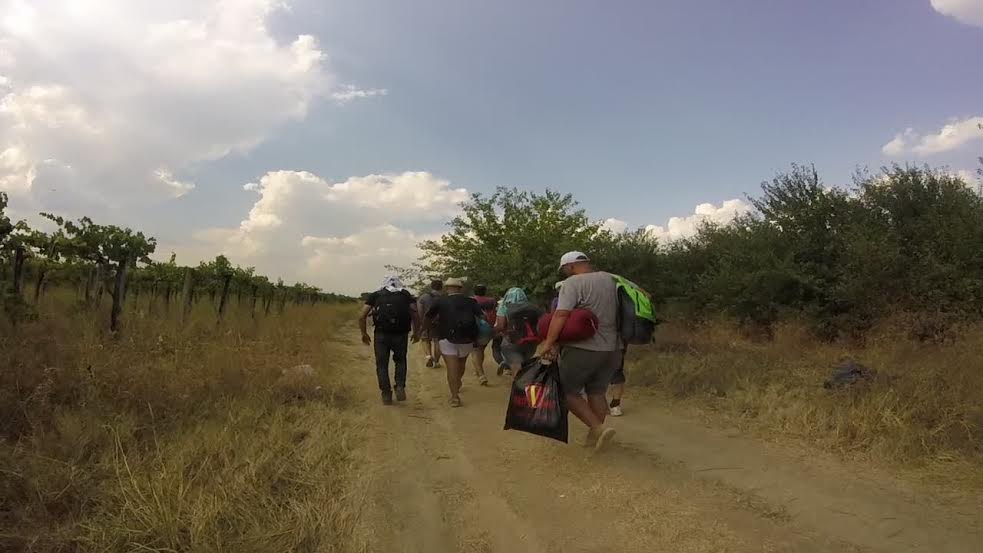



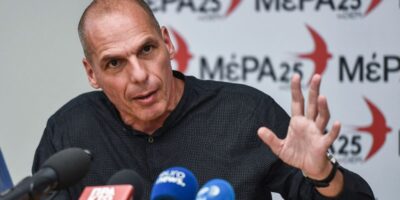
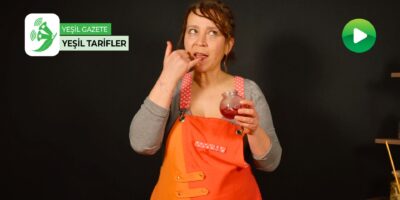
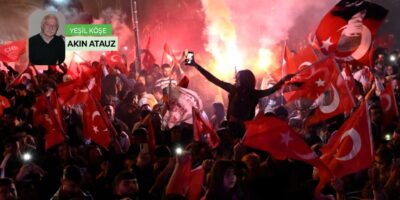
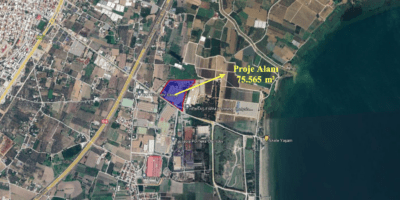
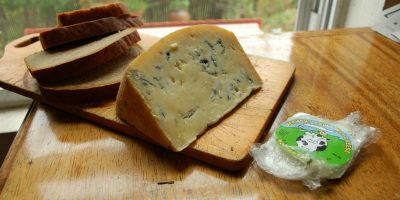
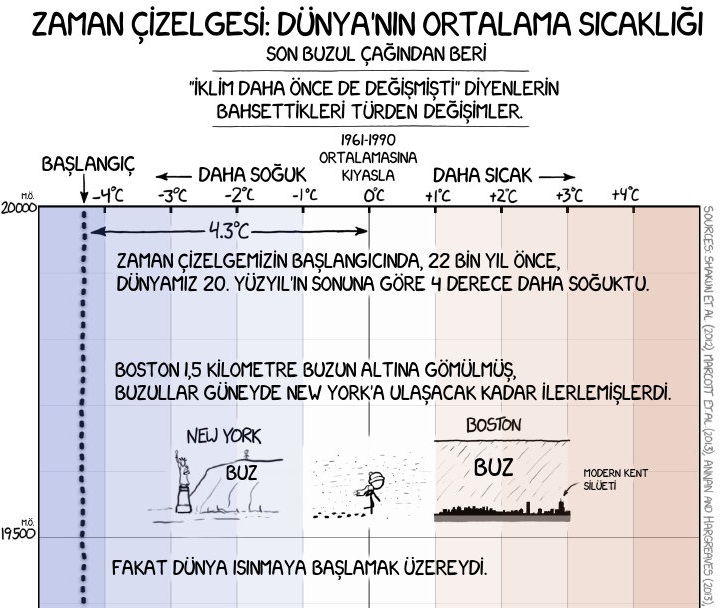


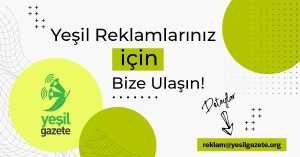
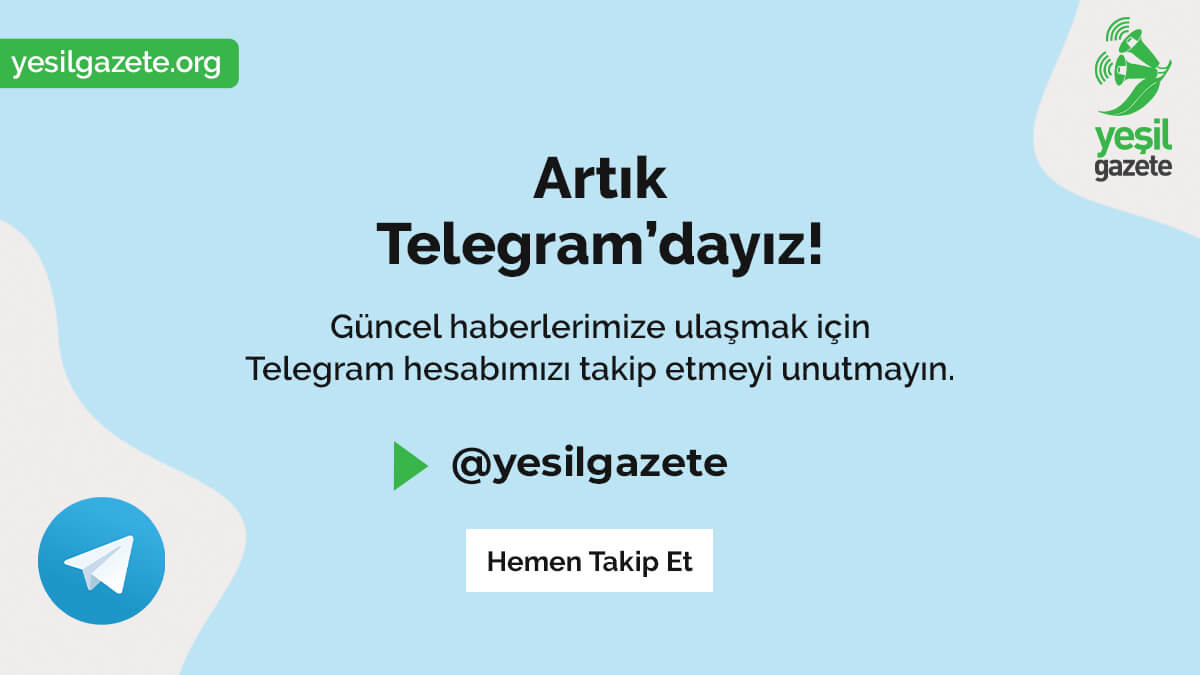
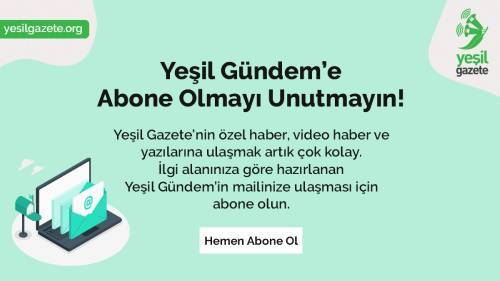
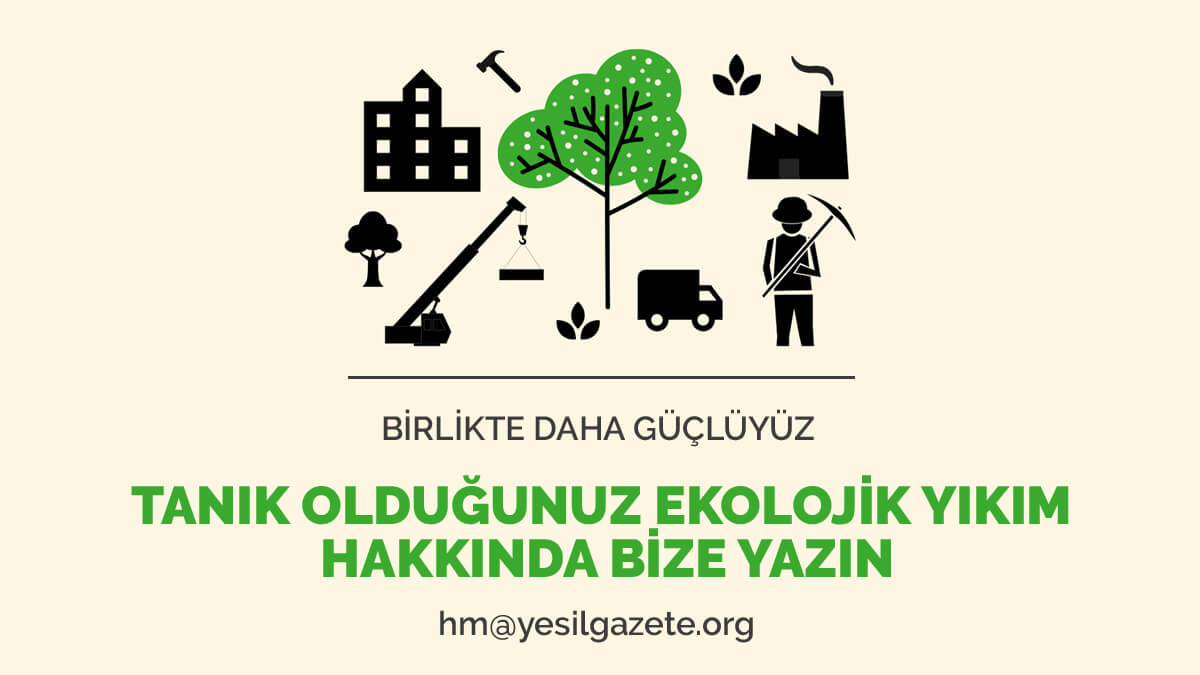

Comments